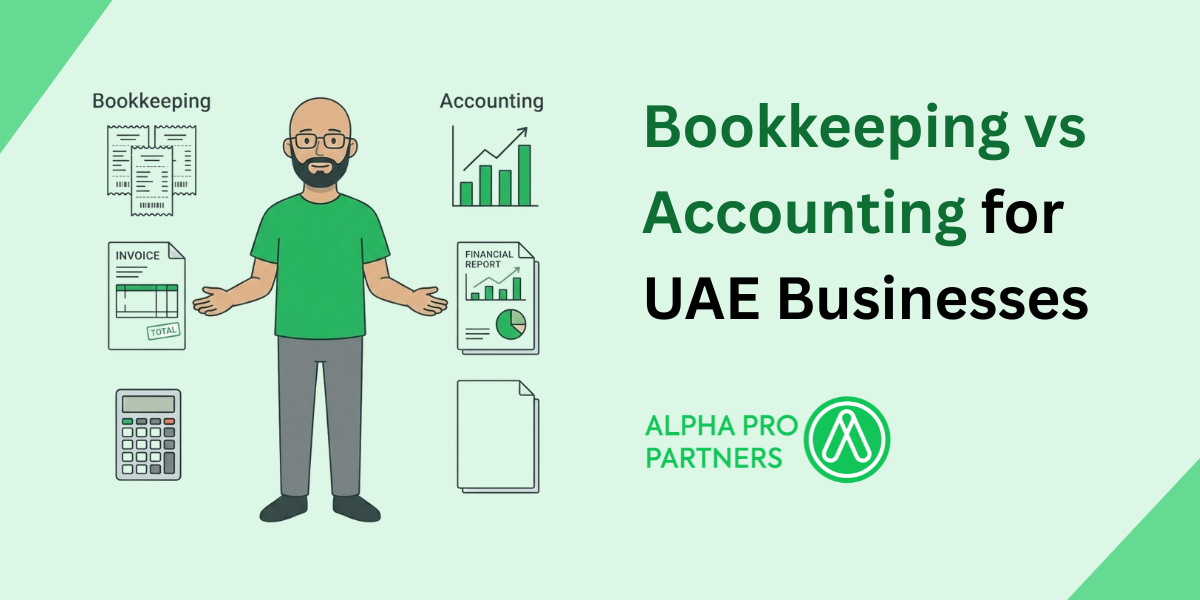What do Free zone entities need to consider when preparing for VAT?

Free Zones in the UAE account for 33% of non-oil trade in the UAE and a large share of small and medium-sized businesses. Free zones can be found across the UAE including Dubai, Abu Dhabi, and Ras Al Khaimah to name a few. They are also categorized as seaport-free zones, airport-free zones, and mainland-free zones with each free zone designed around one or more business industry categories. Not only do free zones provide business owners with 100% ownership, but many also promise zero tax rates for some time.
However, with the release of Federal law No. 8 of 2017 on VAT, the treatment of VAT for free zones has not been fully clarified, as article 50 of the VAT law defines free zones as designated zones. The term designated zone was not fully defined in the VAT law, however, in the executive regulations of the Excise law, article 15 describes a designated zone as having the following characteristics:
- Provides security measures in place to restrict entry and exit of individuals and movement of goods to and from the designated Zone.
- Includes function of control and supervision by a Customs department.
- Appoints a Warehouse keeper
Although Excise tax is different from VAT, it should not be ruled out that the FTA (Federal Tax Authority) would use the same provisions as the excise executive regulations to also be included in the VAT executive regulations. It should be noted that free zones such as Dubai Airport Free Zone (DAFZA) and Jebal Ali Free Zone (JAFZA) are examples of the free zone where access inside and out can be restricted whereas Dubai Multi Commodities Centre (DMCC) and Dubai International Financial Centre (DIFC) cannot. This definition is important because article 51 of the VAT law states that goods transferred from one free zone to another would not incur VAT. However, article 52 also states that the executive regulations will then determine conditions when trade within a designated zone will be regarded as within the state.
Fines for free zone entities
Businesses operating within free zones must treat such transactions with caution to ensure that they do not fall foul of the law. This is because fines of up to AED 50,000 or 50% of the due tax can be imposed if an entity fails to comply with the conditions and procedures relating to keeping taxable goods within designated zones or moving them to another designated zone. For more information and to get the latest updates on VAT in the UAE, subscribe to our email list or like our LinkedIn page. Click here for a free VAT consultation.
DISCLAIMER
This article has been written in general terms and therefore cannot be relied on to cover specific situations; application of the principles set out will depend upon the particular circumstances involved and we recommend that you obtain professional advice before acting or refraining from acting on any of its contents.

.webp)





.webp)










.webp)
.webp)


.png)
.png)
.png)
.png)
.png)

.png)
.png)



.png)
.png)





.jpg)


.jpg)





.png)
.png)






.png)


